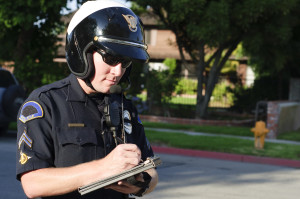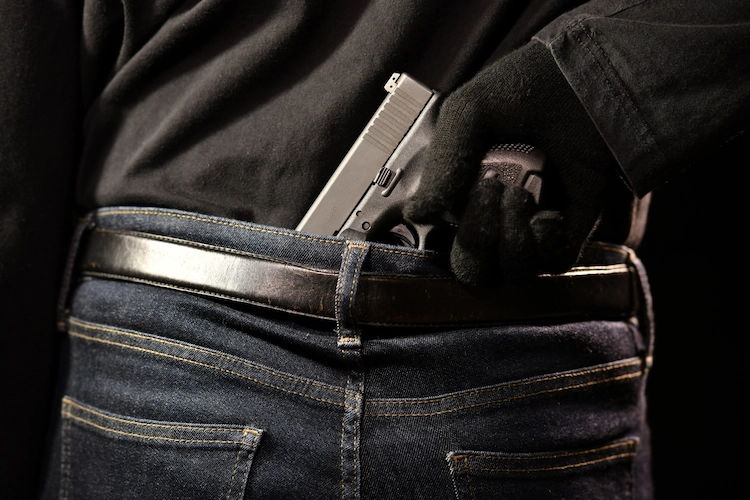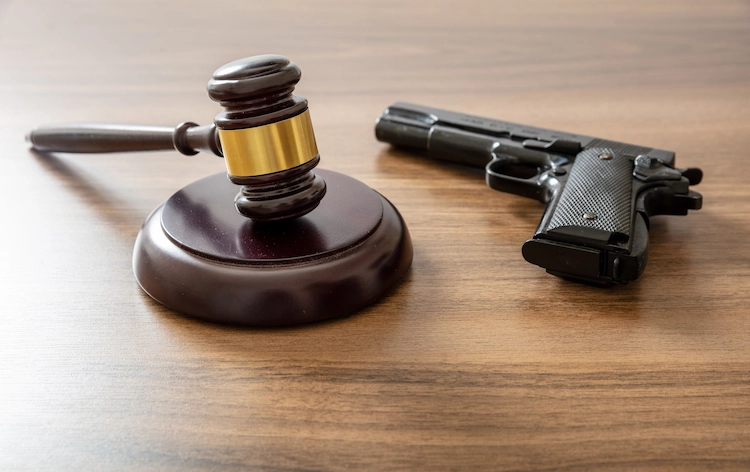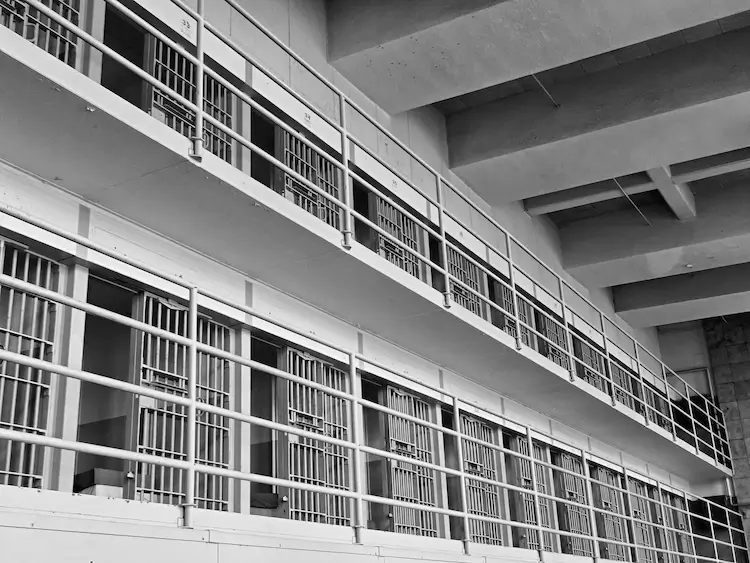Back
NJ Attorney General Issues Police Body Worn Camera Directive
Acting Attorney General John Hoffman recently issued a directive regarding the use of body worn cameras (BWCs) by New Jersey law enforcement officers. While the decision to acquire body cameras is left to individual police departments and municipalities, the directive establishes foundational requirements for those entities that decide to deploy the equipment.
 Police Camera Best Practices
As detailed in a fact sheet accompanying the Attorney General’s directive, below are several key policies and procedures that municipalities must follow:
Police Camera Best Practices
As detailed in a fact sheet accompanying the Attorney General’s directive, below are several key policies and procedures that municipalities must follow:
 Police Camera Best Practices
As detailed in a fact sheet accompanying the Attorney General’s directive, below are several key policies and procedures that municipalities must follow:
Police Camera Best Practices
As detailed in a fact sheet accompanying the Attorney General’s directive, below are several key policies and procedures that municipalities must follow:
- Activation: Body cameras must be activated in certain situations, including traffic stops, witness interviews, custodial interrogations, protective frisks, searches and arrests. Body cameras must also be operational during deadly force incidents and related on-scene investigations.
- De-activation: Body cameras are prohibited from being used where it would expose an undercover officer or confidential informant. The policy also imposes strict requirements on recording in a private home, school, hospital or place of worship unless responding to a crime or emergency.
- Disclosure: Police departments must take reasonable steps to inform the public that they are using body cameras and officers must be truthful if asked if they are using a body camera. If an officer activates a camera in a person’s home or when interacting with a crime victim anywhere, the officer must tell the person about the camera. An officer may de-activate a camera if needed to secure cooperation from a person who requests it, but must document the reasons.
- Retention and Logging: Police departments must adopt systems to ensure secure retention of camera footage; to prevent tampering or deletion; to restrict access to appropriate persons and purposes; and to document all instances when footage is accessed.
Authors:
- Angelo Auteri
Date:
- August 18, 2015








